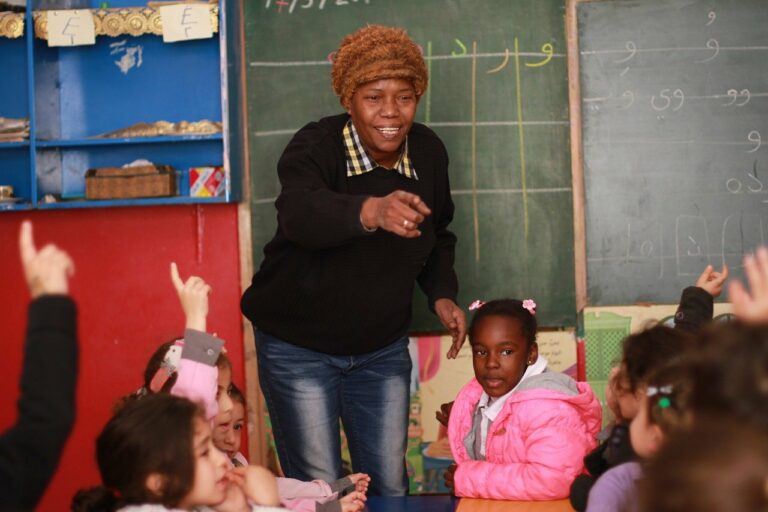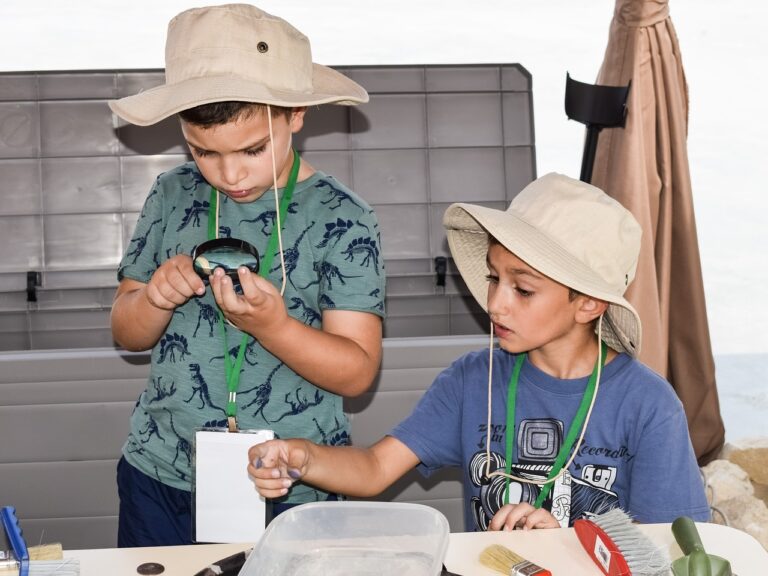The Role of Maker Spaces in Education
Maker Spaces in education have revolutionized the way students engage with learning materials. By providing a hands-on and interactive environment, these spaces offer students the opportunity to enhance their creativity and problem-solving skills. Furthermore, Maker Spaces help foster collaboration among students as they work together to bring their ideas to life.
Another significant benefit of Maker Spaces in education is the promotion of technological literacy. Students have the chance to explore various tools and technologies, such as 3D printers and coding software, which are not typically available in traditional classrooms. This exposure equips students with the skills needed to thrive in a rapidly evolving technological landscape and prepares them for future careers in STEM fields.
Impact of Maker Spaces on Student Engagement
Research has shown that Maker Spaces have a significant impact on student engagement. By providing hands-on activities and real-world projects, students are actively involved in their learning process. The interactive and collaborative nature of Maker Spaces captures students’ interest and encourages them to explore, experiment, and create.
Moreover, Maker Spaces promote a sense of ownership and pride in students’ projects. When students are given the freedom to design and construct their own creations, they become more invested in their work. This sense of ownership not only increases student engagement but also fosters a deeper understanding of the subject matter being explored.
Promoting Critical Thinking Skills through Maker Spaces
Critical thinking skills are crucial for students to develop as they navigate the complexities of the modern world. Maker spaces provide a hands-on environment that fosters these skills by encouraging students to think creatively, problem-solve, and think critically about the designs they are creating. By engaging in hands-on activities and working through the iterative process of making, students are challenged to analyze, evaluate, and innovate – all essential components of critical thinking.
Moreover, maker spaces help students learn to approach problems from multiple perspectives, encouraging them to think outside the box and consider various solutions. This process of experimentation and exploration cultivates a mindset that values curiosity, resilience, and adaptability, essential traits for effective critical thinking. By engaging in maker space activities, students are not only developing practical skills but also honing their abilities to think critically and creatively in a rapidly changing world.





